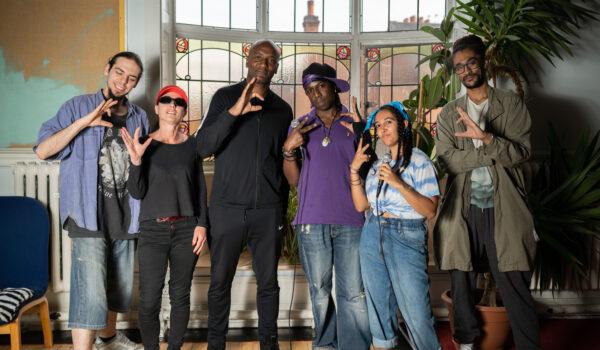How can organisations manage creative employees without hindering their creative flow.
The managerial practices within organisations can either hinder or promote creativity within the creative industries.
Creativity which encompasses a range of skills such as creative thinking can be constrained depending on the managerial practices within an organisational environment.
For creativity to thrive within a firm managers must support, encourage and challenge their creative employees according to academic scholar Amabile.
Creative workers must be under supervisory encouragement in order to thrive within a firm. Managers abandoning their employees can crush their creativity so to avoid this providing sufficient rewards and recognition is essential for results and growth within a company. Google Innovation Lab’s initiative ensures supervisory support is encouraged. They offer bonuses to each worker who worked on a project the organisation chose to terminate as soon as proof showed it would not scale.
Freedom as a managerial practice fosters creativity. Academic scholar Henry (2006) reiterates that freedom allows individuals to approach “problems in ways that make the most of their expertise and their creative thinking skills”. Illustrator and animation Andrew Rae was interviewed by the Adobe Stock and he mentioned that working with firm Nowbrow was beneficial. He stated “It’s nice to have creative freedom”. This highlights that freedom as a managerial practice gives workers an opportunity to showcase their talent and skills without hinderances and limitations.
However, academic scholars have argued that having boundaries and constraints are necessary managerial practices that need to be implemented for growth and results within a company.
Stimulating creativity within an organisation is vital for results and prosperous outcomes. Hence the need for good managerial practices within organisations.
I interviewed singer song writer Rachael Kay about her experiences of being managed within the creative industries. In the interview the song writer mentioned that she is given “complete autonomy and creative control” over creative projects. Rachael Kay also mentioned that having complete freedom is “beneficial” as she is able to freely express her creativity.
Overall, for managers to lead creative employees without obstructing their creative flow they must implement organisational support, encouragement and freedom into their managerial practices. These practices, heightens creative workers sense of motivation which encourages creativity within a work setting. However, it is essential that managers balance the freedom they give to creative workers and set constraints. Not having an adequate managerial style can crush creativity and decrease chances of desirable outcomes within a firm.
By Mary Babalola





